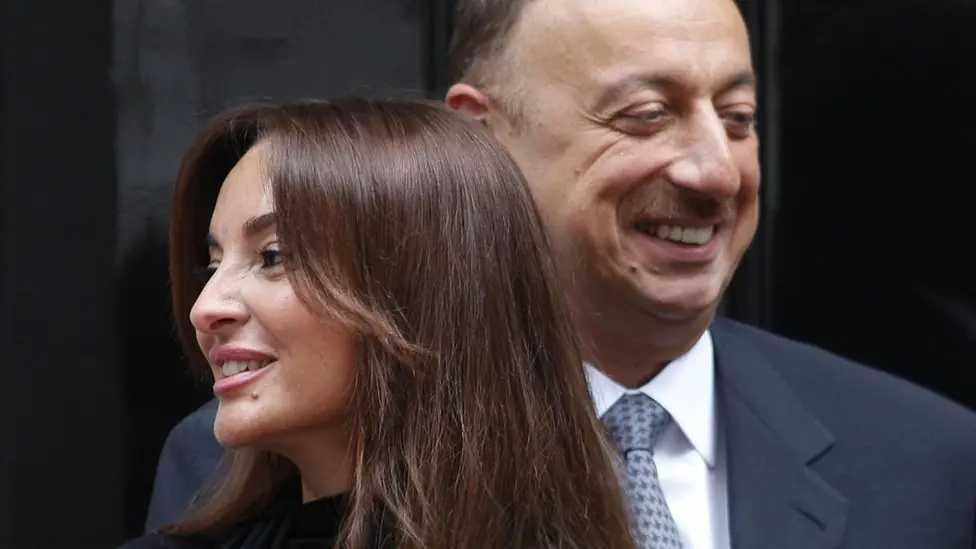Last Wednesday, I quietly commemorated the 161st anniversary of the Circassian Genocide in Tbilisi, much like I did in the past few years.
But as I sat in the OC Media office, editing the news of the day, I could not help but let my mind wander, allowing myself to curiously scan the Telegram channels and Instagram accounts covering Circassian affairs in the North Caucasus just to see what was going down in Nalchik, Maykop, and Cherkessk.
I knew the people there would commemorate the genocide as they do every year, especially as Circassians I follow on social media ramped up their own content about the genocide in the leadup to 21 May.
I saw the usual — but not unimpressive — scenes from Nalchik of people decked in traditional Circassian clothes leading a march to the Tree of Life, the monument erected there in memory of the victims of Russia’s conquest of the Caucasus.
I recognised Zuber Euaz, a folk musician whose work I particularly enjoyed when I was younger. He was front and centre, playing the schichepshin, the Circassian fiddle, with others singing along about the war. People carried Circassian flags, but you could also spot the flags of other nations whose lives were directly touched by the war, including North Ossetian, Abazin, and Abkhazian flags.
It was not an unusual scene, but what did strike me was Kabarda–Balkarian Head Kazbek Kokov’s appearance at the Tree of Life, where he laid a wreath. At the time, RFE/RL reported that this year’s commemoration in Nalchik was — unlike those of previous years — greenlit by the republic’s authorities.
Yet, the following day, we learned that eight people in Nalchik were detained for organising a demonstration that obstructed traffic without prior approval — Euaz and others leading the procession included. We also heard reports of detentions being made in Maykop.
Don’t get me wrong, I was under no delusion that Russian authorities in the North Caucasus would let the day pass without a hitch. But it still left a bad taste in my mouth.
We still, however, got to see other diaspora communities commemorate the genocide as freely as they could in their host communities, though some left me more disappointed than others (cough, Jordan).
One such event took me by surprise though; the Circassians of Syria actually took to Umayyad Square in the centre of Damascus to remember the genocide.
It was not the biggest of marches to have taken place in the world, but it was, according to them and to my knowledge, the first time they were allowed to openly march through the streets of the Syrian capital with Circassian flags waving on the day of mourning.
Speaking to reporters covering the event, many of them expressed joy at being able to remember the tragedy that befell their ancestors — ultimately the main reason they were born and raised in Syria in the first place.
When the al-Assad regime collapsed in December, I deeply hoped for the Circassians in Syria to seize the opportunity to speak for themselves and against Russia’s oppression past and present — seeing them on the streets of Damascus was borderline cathartic.
I can only imagine how it must have felt for them, but I like to think that it was similar to my first experience commemorating the genocide in a protest against the 2014 Sochi Olympics in front of the Russian Consulate in Amman in 2011.
It was movements like these that led to Georgia’s recognition of the genocide that year and Ukraine’s recognition in January of this year.
It is comforting to know that although Circassian activists have been and continue to be persecuted by the Russian authorities in their homeland, the diaspora still tries to remember why they were displaced.
But will it ever be enough to affect any meaningful change in the largely in-cohesive Circassian cause? Unlikely; I still believe that most people in the diaspora would choose to stay in their host countries even if a right to return was secured in some form.
But memory is a powerful thing, and with growing repression and restrictions on freedom of speech around the world, being able to remember is becoming more of a luxury with each passing day.






